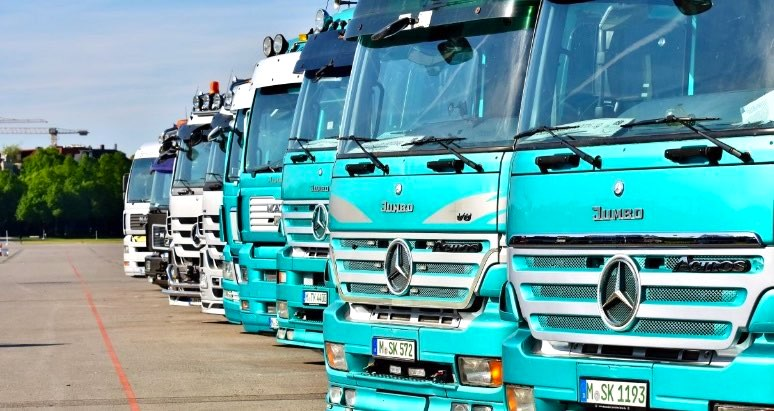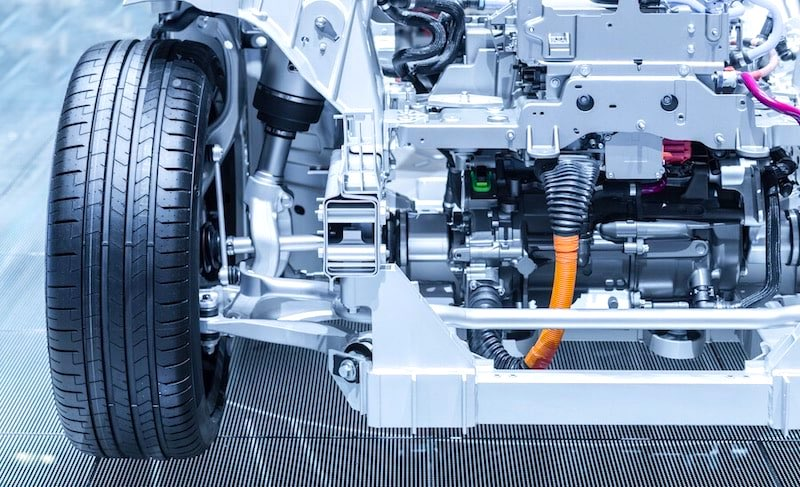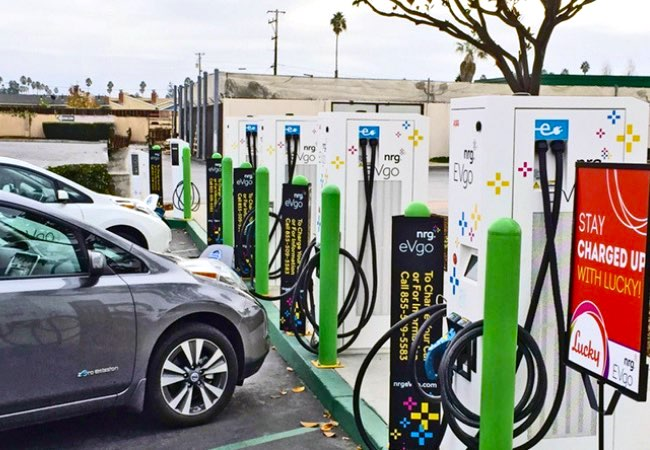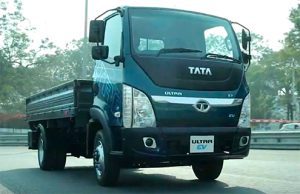Technology has been touching every corner of this world and logistics sector hasn’t been far from its reach. In the 21st century, more and more companies are entering the electric truck market. This is a great opportunity to reduce greenhouse gas emissions, carbon footprints and boost the development of electric vehicles..
Electric buses and trucks are also more energy-efficient than traditional ones. They will lower vehicle maintenance costs and provide a better driving experience for professional drivers. Aside from electric regional trucks, electric vehicles are also being widely used in the field of long-haul hybrid trucks and electric yard trucks. These vehicles are known for their quieter and smoother running characteristics. Furthermore, the maintenance and repairs become easy as there is no diesel engine, the brushless induction motor gets powered by a single battery pack.
E-Truck availability won’t be a problem anymore!

The lack of electric trucks has long been a barrier for fleet owners and logistics companies. However, as time has gone, fleets and businesses have gained access to a wide choice of electric vehicles from a number of renowned automotive manufacturers. Local delivery and box trucks – Peterbilt (an American truck manufacturer) and Dana (an American auto parts supplier) announced the debut of the Peterbilt Model 220EV, which will have a range of up to 200 miles.
Electric-powered mid-range freight trucks – It’s no secret that the automobile industry is undergoing a huge transformation with the arrival of electric-powered trucks. Volvo has already begun testing its electrified regional tractor in pilots. These vehicles have been in production since late 2020.
Garbage collection trucks — More than 100,000 garbage trucks that are in use in the country, majority of them run on diesel. EV technology seems a great fit for such trucks and also resolves the issues of slow speed, stopand-go function.
How Electric trucks will revolutionise the logistics sector

-
Power and strength
There was previously a misperception that heavy electric vehicles, such as trucks and buses, lacked the same power as their gas and diesel counterparts. This is no longer the case. Electric motors have a lot of torque and can tow a lot of weight.
-
Enhanced real-time functionality
Real-time information on routing efficiency, weather, driver performance, traffic congestion, loads, fuel consumption, tolls, and taxes will be provided. This real-time reporting feature will enable the toll to be calculated on basis of precise movements and vehicle load.
-
Longer battery life
Electric vehicles have a longer battery life and are more manoeuvrable. These trucks can accept larger batteries with greater range. It means that electric trucks’ range is significantly superior to its concept. Furthermore, the low center of gravity could help traditional trucks overcome one of their flaws: their top-heavy nature and poor handling.
-
Vehicle safety is improved
Standard safety features have been available in cars and light trucks for years and will now be included in more electric heavy-duty trucks.Airbags and soy-based foam are two examples of sustainability elements seen in newly manufactured heavy-duty trucks.
-
Speed comparable to that of a sports vehicle
Owners of electric trucks will be pleased with the latest models. They used to complain about the low-speed range, but they won’t have to do that anymore. The drive is going to be fun. In general, EVs were disliked for their lack of acceleration, but contemporary electric motors offer rapid acceleration as well as a slew of other cutting-edge capabilities.
-
Detection of obstacles
Electric vehicles have lovely ultrasonic and visual combinations that help them escape a 360-degree collision. They also contain an obstacle recognition system that helps restrict forward speed when it detects a vehicle within a certain range. The latest linked vehicle technology in heavy-duty trucks will help to improve this even more.
-
Simple to keep up with
In comparison to conventional diesel or petrol vehicles, electric vehicles have fewer moving parts. There are no costly starting motors, exhaust systems, fuel injection systems, radiators, or other equipment that need to be serviced on a regular basis. As a result,maintenance is simple, allowing logistics companies to save money on costly repair expenses.
-
Save on fuel costs
You will be able to save money on expensive diesel and fuel by inculcating an electric vehicle. You won’t have to waste time at petrol stations refilling your vehicle because an electric vehicle that has been charged once will run for a longer period of time. You may cut costs even more by building a rooftop charging system for your electric vehicle.

The above pointers describe how introduction of electric trucks will have an extensive impact on the logistics sector and make the delivery chains environment friendly. With fuel and maintenance costs being cut down, it sure will be a better opportunity for buyers to invest in.
We, at CargoFL, are assisting businesses in making logistics administration easier for firms using electric vehicles by facilitating the introduction and monitoring of new variables with our AI driven Transport Management System. Contact us on +91 83290 83054 or connect@cargofl.ai to get in touch with us to book a demo.






